Ross Ramsay – Keyboard for the Electronic Musician
$1,250.00 Original price was: $1,250.00.$250.00Current price is: $250.00.
Digital Download: You will receive a download link via your order email after successful payment.
The keyboard is a complete instrument for the writer, arranger, and producer, capable of playing any type of part, including bass lines, chords, and melodies.
Keyboard for the Electronic Musician
The keyboard is a complete instrument for the writer, arranger, and producer, capable of playing any type of part, including bass lines, chords, and melodies. For the modern musician utilizing digital audio workstations and virtual instruments, the keyboard is also the most effective input device for sequencing and score creation. Developing your keyboard playing will strengthen your knowledge of theory and enable you to more efficiently create great sounding productions.
Keyboard for the Electronic Musician is aimed at the beginner or early stage keyboard player who wants to build skills that will help them write, produce, and perform using keyboards ranging from acoustic piano to modern controllers with virtual instruments. Along with the development of healthy fundamental playing techniques, the course develops your skills through an exploration of music and musical parts used in a wide variety of genres, including pop, rock, R&B, gaming, film, and television scores.
Each week, you’ll be assigned exercises and songs supported with audio and video examples and audio play-alongs to give you a real sense of performing in a production. In addition to weekly assignments, you’ll have the option to submit weekly bonus assignment that display a greater command of the controller and production techniques presented in the lesson.
By the end of the course, you will be able to:
- Read and interpret music expressively from a notated score
- Effectively play chord symbols to support the harmony of a song in a variety of textures and settings
- Play a variety of virtual parts from a keyboard, including drums, bass, guitar, strings, brass, and synthesizer textures
- Effectively use controllers in your productions, such as pitch bend, modulation wheel, expression pedal, etc.
- Use the keyboard as a writing and producing tool
- Gain a greater understanding of writing and production as you learn to perform excerpts derived from Grammy-award winning music
Syllabus
Lesson 1: The Grand Staff
Lesson 2: Sharps and Flats
Lesson 3: Major Scales and Major Key Signatures
Lesson 4: Intervals and Minor Triads
Lesson 5: Diatonic Songs
Lesson 6: Contemporary Accompaniment Patterns
Lesson 7: Seventh Chords
Lesson 8: Contemporary 7th Chord Voicing Techniques
Lesson 9: Keyboard Grooves and Fills
Lesson 10: Developing Hand Independence
Lesson 11: Rhythmic Independence
Lesson 12: Crossing Hands and Stretching the Keyboard
Requirements
Prerequisites and Course-Specific Requirements
This course does not have any prerequisites.
Required Textbook(s)
- Piano Essentials by Ross Ramsey, Berklee Press/Hal Leonard
Software Requirements
- A basic audio recording tool that will allow you to record yourself and save the recording in MP3 format. You will have a tool to use for this purpose inside the learning environment. Alternatively, you can use software like Audacity (PC) or GarageBand (Mac)
Students are required to record video for certain assignments. You can use your smartphone, digital camera, or webcam to do this. If you do not already have a preferred video software, you can use the built-in recorder tool within your assignment post. You can play the backing track through your speakers as you record and the microphone will pick up both the keyboard (playing out loud through speakers) and the track as you play along.
Hardware Requirements
- A MIDI keyboard/controller with 49 keys is the minimum requirement. A 61-key keyboard is preferred. To get the most out of the course, it is preferable to use a keyboard with some controllers on it, such as pitch bend, modulation wheel, and sustain pedal. After touch capabilities, expression pedal, knobs, and sliders would be a plus.
Instructors
Author & Instructor
James Ross Ramsay, faculty in the Piano department at Berklee College of Music, has been teaching piano for 25 years, and has been included in the “Who’s Who List of American Teachers” several times. He composes and produces music for local and nationally broadcast television, radio, cable, and video programs, and has been a featured soloist on piano and keyboards with various artists touring throughout the United States and Europe. Ramsay is a product specialist and clinician for Yamaha Corporation of America, Digital Musical Instruments, and Pro Audio Division. He received a Bachelor of Music from Berklee College of Music in 1986.
What’s Next?
When taken for credit, Keyboard for the Electronic Musician can be applied towards these associated programs:
Associated Certificate Programs
- General Music Studies Professional Certificate
- General Music Studies Advanced Professional Certificate
Associated Degree Majors
- Bachelor’s Degree in Electronic Music Production and Sound Design
- Bachelor’s Degree in Music Composition for Film, TV, and Games
- Bachelor’s Degree in Interdisciplinary Music Studies (Create Your Own Major)
- Bachelor’s Degree in Songwriting
- Bachelor’s Degree in Songwriting and Producing Music
Get Download Ross Ramsay – Keyboard for the Electronic Musician at IMC.sale today!
Delivery Method
– After your purchase, you’ll see a View your orders link which goes to the Downloads page. Here, you can download all the files associated with your order.
– Downloads are available once your payment is confirmed, we’ll also send you a download notification email separate from any transaction notification emails you receive from IMC.sale.
– Since it is a digital copy, our suggestion is to download and save it to your hard drive. In case the link is broken for any reason, please contact us and we will resend the new download link.
– If you cannot find the download link, please don’t worry about that. We will update and notify you as soon as possible at 8:00 AM – 8:00 PM (UTC+8).
Thank You For Shopping With Us!

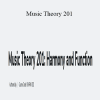
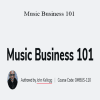
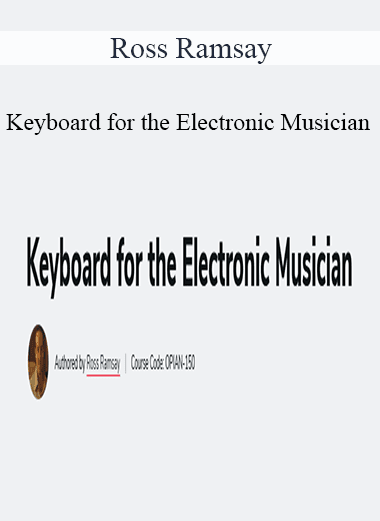
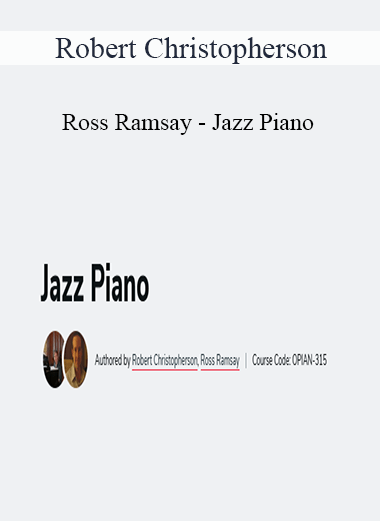
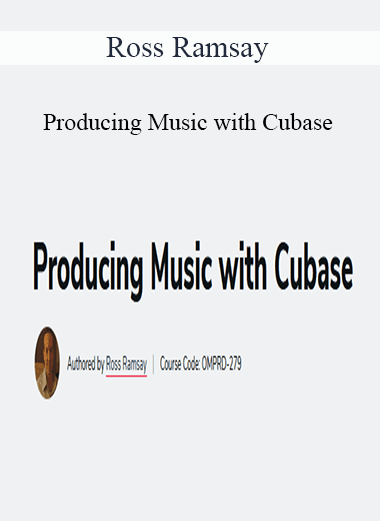
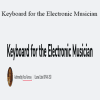
10 reviews for Ross Ramsay – Keyboard for the Electronic Musician
There are no reviews yet.